Edition cast after Clodion, signature lower left, for Claude Michel (1738-1814).
Stamp of the famous Thiébaut Frères Paris foundry upper left.
19th century period.
Dimensions: H 21.5 x W 26.5 x D 2.5 cm
****
I manage delivery for you in France as well as internationally. Shipping terms depend on the delivery address, do not hesitate to contact me to know its amount and prepare its organization. I take particular care in the protection and packaging of each art object.
The artist: Claude Michel, known as Clodion, French sculptor (1738-1814).
He belongs to the Adam dynasty of sculptors and was trained in particular in the workshop of his uncle Lambert Sigisbert Adam, then with Jean-Baptiste Pigalle. Clodion is especially known for his rocaille style, characterized by delicate and charming sculptures, often in terracotta, representing mythological subjects, nymphs, bacchantes and satyrs.
He won the Grand Prix de Rome in 1759, which allowed him to spend several years in Italy, where he deepened his knowledge of ancient art and developed his style. His work can be divided into two main periods: the first influenced by Pigalle with small sculptures inspired by Greek mythology, and the second marked by neoclassicism, with a significant production intended for the decorative arts. Clodion received numerous royal and aristocratic commissions, notably during the reign of Louis XVI, and produced important works such as bas-reliefs for Rouen Cathedral, friezes for Parisian mansions, as well as monumental statues such as the one of Montesquieu preserved in the Louvre. His fame extended beyond France, attracting the attention of Queen Catherine II of Russia, who wished to bring him over, but he remained attached to Italy and France. Nicknamed the "sculptor of graces", Clodion is famous for his elegant and expressive representations, often mixing heroic and pathetic themes. His works are present in many French museums, including the Louvre, which dedicated an exhibition to him in 1992. His terracotta statuettes are particularly prized by collectors and fetch high prices at auction.
The Foundry: Thiébaut Frères (1787-1926)
The Thiébaut Frères foundry was one of the most important and prestigious art foundries in France during the 19th and 20th centuries. Founded by Charles Cyprien Thiébaut, it specialized in the casting of artistic bronzes, including monumental works, statues, medallions, vases, cups, etc. The company experienced significant growth under the direction of Victor Thiébaut, who in 1851 created a foundry dedicated to the casting of artistic bronzes. The foundry collaborated with many renowned sculptors of the time and produced works visible throughout the world, particularly in Paris.














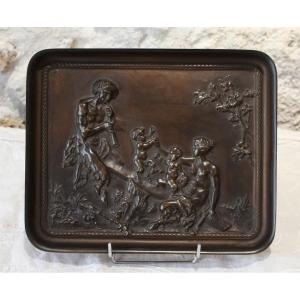













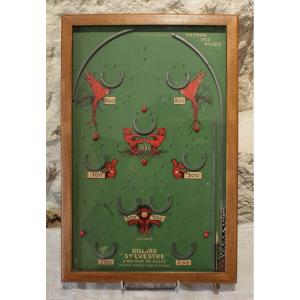
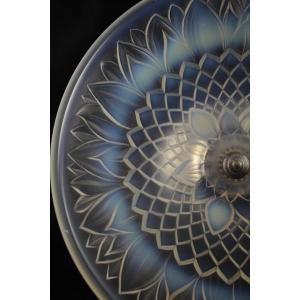







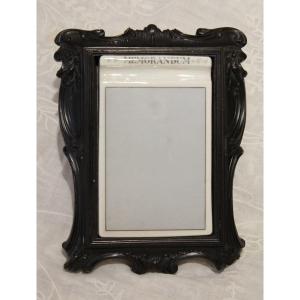
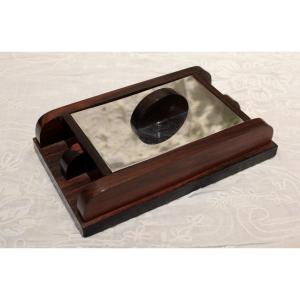

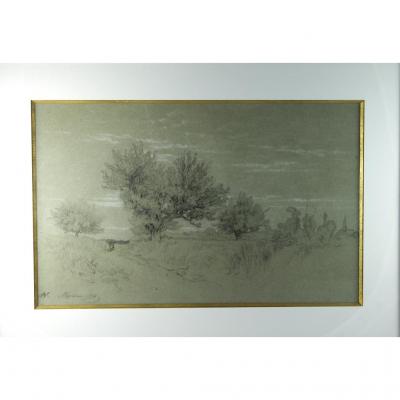
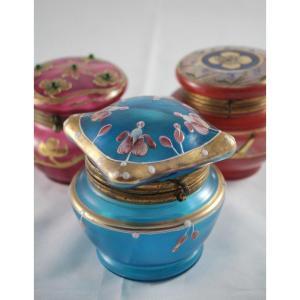



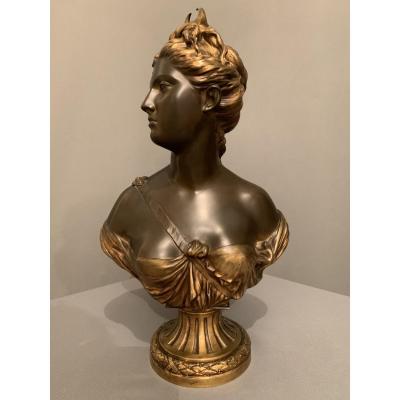
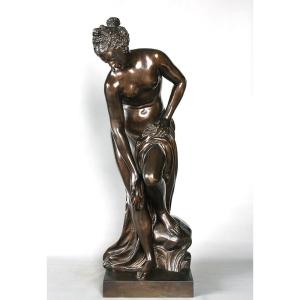



 Le Magazine de PROANTIC
Le Magazine de PROANTIC TRÉSORS Magazine
TRÉSORS Magazine Rivista Artiquariato
Rivista Artiquariato